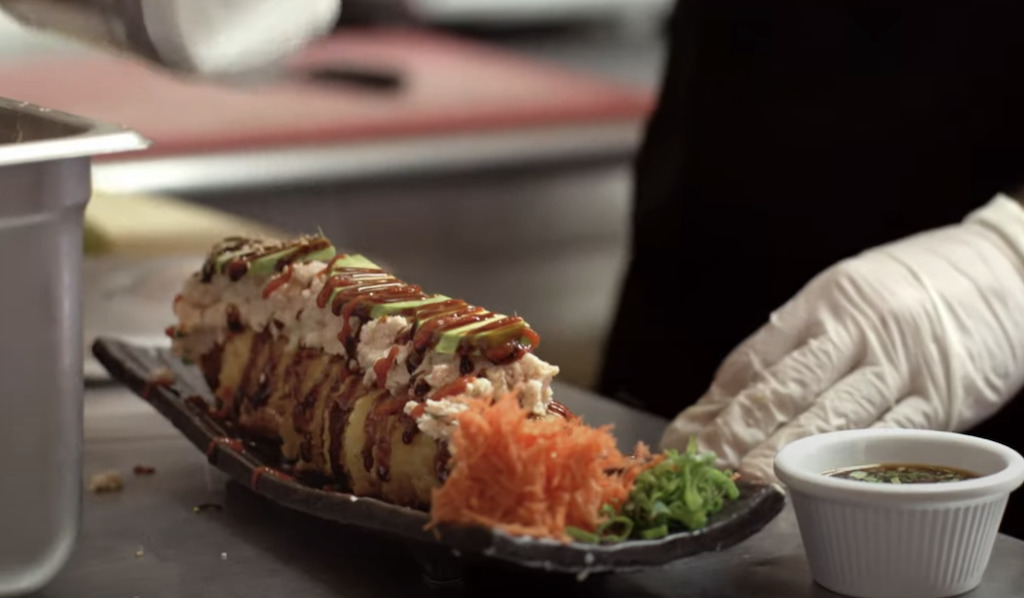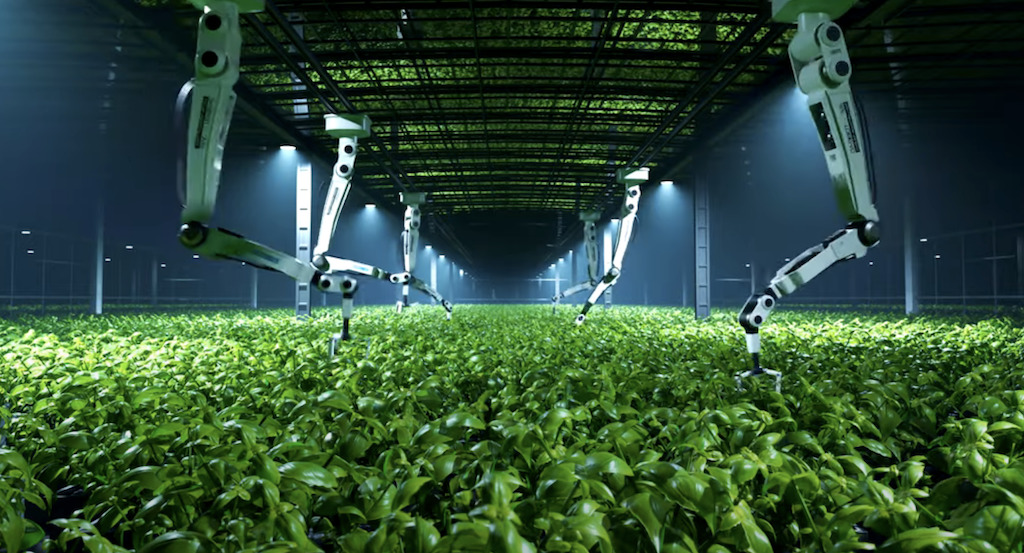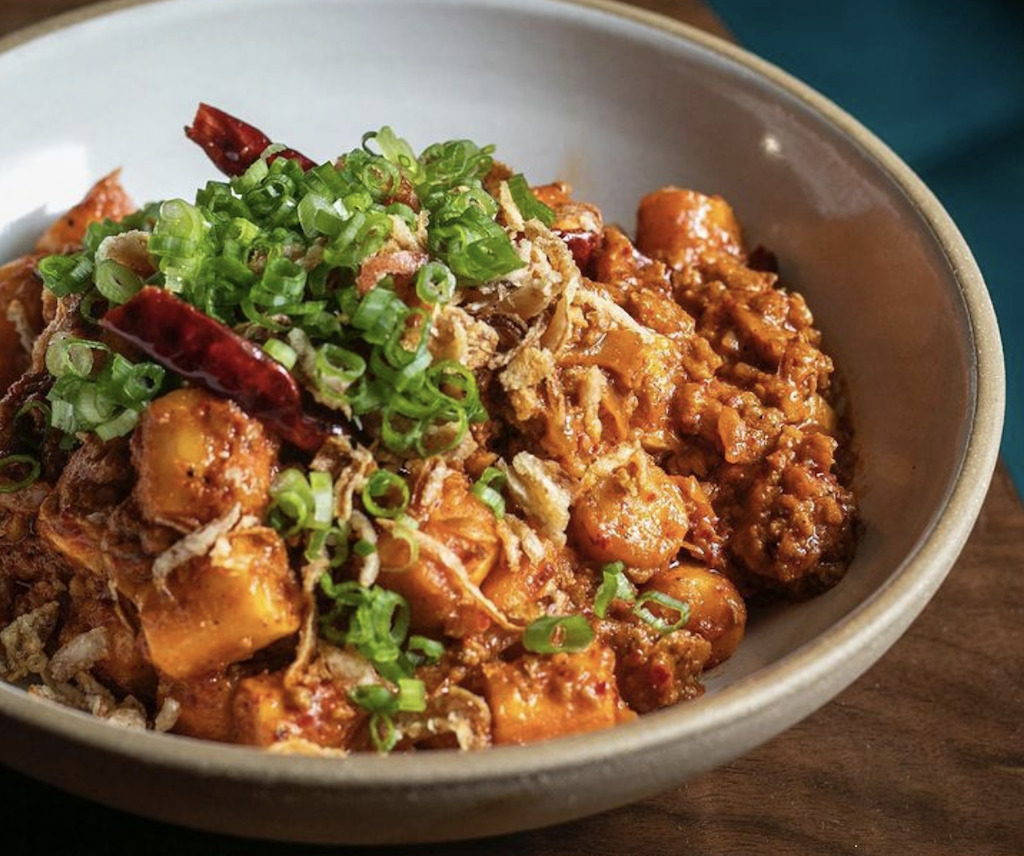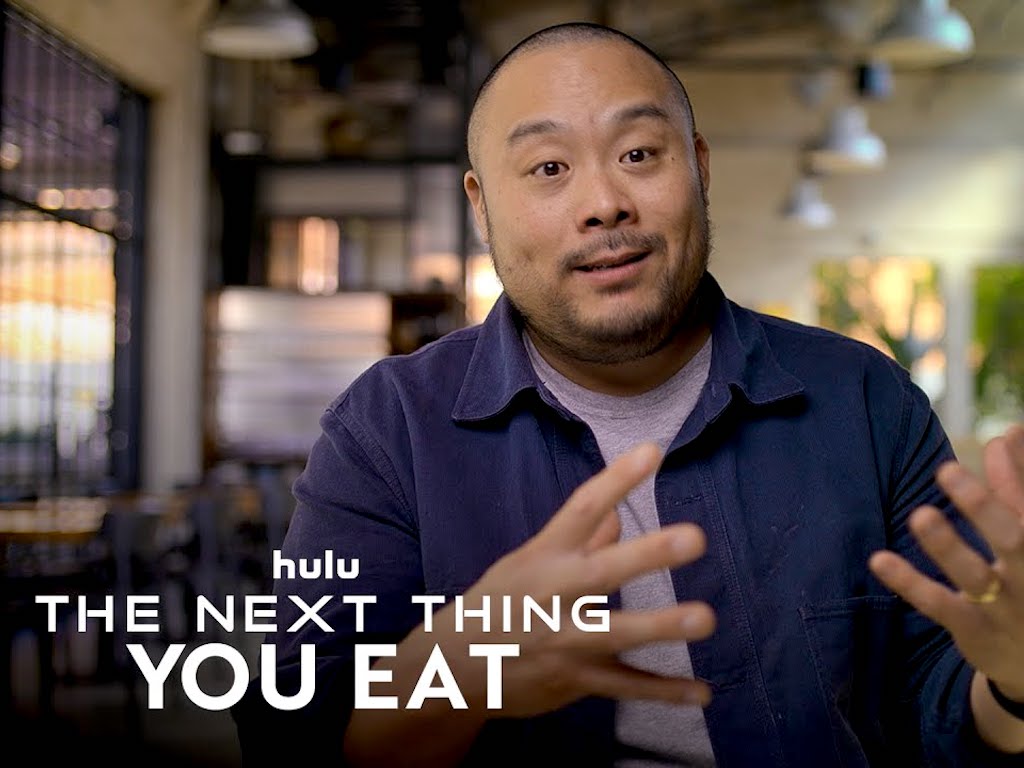3 Mins Read
Celebrity chef David Chang is going all-in on food tech in his upcoming Hulu series, The Next Thing You Eat. From cell-cultured sushi-grade salmon to vegetables harvested by robots, Chang dives into the “unbelievable ingenuity” happening across the industry and how these very innovations are set to fix our broken food system.
We’re on the precipice of a food revolution, thanks to the scientists, startup entrepreneurs and innovators redesigning the way we produce and eat food. And now, celebrity chef David Chang wants to document all of it in his new show The Next Thing You Eat. Set to air on streaming platform Hulu on October 21, the new six-part docuseries will see the Momofuku chef look at some of the most interesting solutions, with agrifood and alt-protein food techs taking centre stage.
‘How do you not be inspired by the future?’
Chang is pretty excited about things like cell-based salmon sushi and plant-based cheesesteaks. In the trailer, the man behind the show Ugly Delicious, which chronicles the beauty in aesthetically unpleasing food, speaks of the “unbelievable ingenuity” of futuristic technologies in fixing our broken food system and making it fit for a climate-stricken future.
“When I think about the future, I think about my kids and what we’re going to leave them,” he says.
“Food is the last experience that you can’t download,” he shares, as the trailer plays snippets of robots harvesting tomatoes. “How do you not be inspired by the future?” he says at one point, though later tempering his optimism by saying “maybe I have a concussion or something.”

One thing Chang does seem especially impressed with, though, is the future of lab-grown meat and seafood, cultivated directly from cells, without the need for slaughter and at a fraction of the environmental cost. At the moment, Singapore is the only place in the world where cell-based meat, specifically Eat Just’s cultured chicken bites, are approved for sale on the market.
In the trailer, one cellular agriculture expert about growing meat in labs explains that anything is possible with this technology—even cultured dinosaur meat. “You can go even further back and do its ancestor, the dinosaur.”

The upcoming series will have six episodes in total, each running for about 45 minutes and examining one food issue at a time—from overfishing and the detrimental impact of commercial seafood production to how AI will reshape cooking.
Food and sustainability
Since carving out his name in the food industry with his Momofuku empire, Chang has been increasingly exploring the ways in which food technologies could alter the food system for the better of the planet. While his earlier menus in the 2000s tended to be on the carbon-intensive side, with pork belly and bacon featuring heavily, the chef became the first-ever to serve the now-famous Impossible Burger at his New York restaurant Nishi back in 2016.

“We’re always looking to support people who are making the best products in the best ways possible and to me, the Impossible Burger is one more example,” Chang remarked at the time, years before the “bleeding” heme-filled burger took the world by storm.
Impossible is now one of the biggest food techs in the world, served in restaurants across the US, Canada, Hong Kong and Singapore, and sold in thousands of retail outlets including in Walmart and Krogers. Chang is still part of Impossible’s journey, recently being the first again to showcase the food tech’s latest product, Impossible Pork, at his Momofuku Ssäm Bar in New York.
All images courtesy of The Next Thing You Eat / Hulu, unless otherwise credited.




